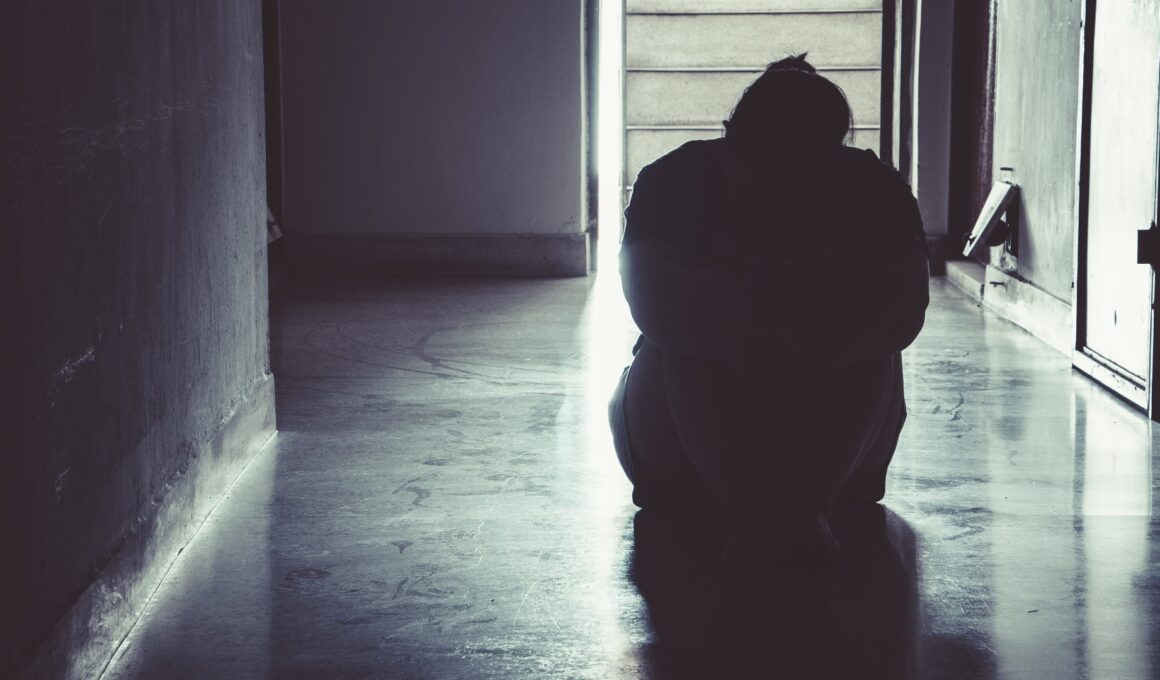Suicide is everywhere. As much as you may not encounter it personally, it is still a ubiquitous phenomenon that occurs in every country and every culture. In fact, several species of animals are known to commit suicide even; including dolphins and elephants (the latter do so by standing on their own trunks). And it’s getting worse too: over the last 45 years the global suicide rate has increased by 60%. A quarter of students in the UK will consider suicide at some point. In the US suicide is a more common cause of death than car accidents…
This is a tragic situation to be in, but it’s also a rather mysterious one. If you follow the prevailing theories on human psychology you see, then you will know that we are only supposed to do things that are adaptive to our survival and the survival of our offspring. Behaviours that are positive in doing this get passed on because we’re around to pass them on, while other behaviours that are less positive make us less likely to procreate meaning that those traits don’t survive in the long term.
This then raises the interesting question of why we would have evolved to have a suicide drive at all. How can killing yourself possibly be adaptive and help either you or your offspring to live on?
The answer isn’t one that’s particularly forthcoming, and it’s one that leading theorists don’t necessarily agree on. Nevertheless there are several theories that might shed some light on the topic and provide some food for thought…
Inclusive Fitness
The first concept to consider is William Hamilton’s well know theories on ‘inclusive fitness’. These theories attempt to explain the seeming contradiction that is presented by cases such as suicide or altruism to one’s own detriment. For the most part our psychology seems consistent with Darwin’s theories of natural selection, but in rare cases we seem to act in self-defeating ways that aren’t congruent with that school of thought.
The big idea to take from this is that it’s the proportion of one’s genetic material that is of interest to evolution rather than personal connection. In other words then, it may sometimes be logical to put yourself at a disadvantage or to take yourself ‘out of the race’ as it were in order to ensure the survival of your kin. This somewhat explains the behaviour of lemmings, or of insects that are devoured after intercourse.
Closer Examples From the Animal Kingdom
Of course this explanation seems to require a connection between the suicide and the survival of one’s kin. Most humans who commit suicide in a modern environment do not do so in order to ensure the survival of their children – often it is to the detriment of those they love.
Another example from the animal kingdom that might be more relevant though comes from bumblebees that carry conopid flies in their abdomen. These conopid flies are parasites that will cause the bees to die within 12 days at which point there could be the risk of other bees becoming infected. Rather than allow that to happen, these bees will often go away to commit suicide, thus saving the rest of their species from the same fate.
This then is a situation in which the bees will commit suicide despite there being no obvious and immediate threat. The bees are unlikely aware that they pose a threat to their brothers and sisters – but they have been genetically programmed to commit suicide when they notice similar symptoms.
Thus it may be that we become more likely to commit suicide when we notice signs that not everything is working properly. Our brain may retain the capability to commit suicide so that our genetic ancestors could have ended the threat they represented if they started feeling sluggish and ill. It may be an unfortunate and devastating side effect that severe depression can trigger a similar response.
Note as well that thoughts of suicide often occur along with a loss of self-worth. If a person feels that they are truly worthless, then they might not consider themselves as capable of contributing to the gene pool in a productive manner.
But that’s where the tragedy lies – because their loved ones would undoubtedly live far richer and happier lives with them around. These days our wellbeing is largely defined by our relationships, the best thing we can do for our friends and family is to stick around.





I feel twice as bad when articles as such depict having friends and family. I am not defined by either, my worth can only come from the divine as so called friends weren't there when needed. Also the brief on the author depicts him as having it all together. I've met people seemingly having it all together while things are going fine then drop the bundle when it goes pear shaped. Sometimes sticking around a family can be extremely harrowing, ever heard of abusive and toxic families?